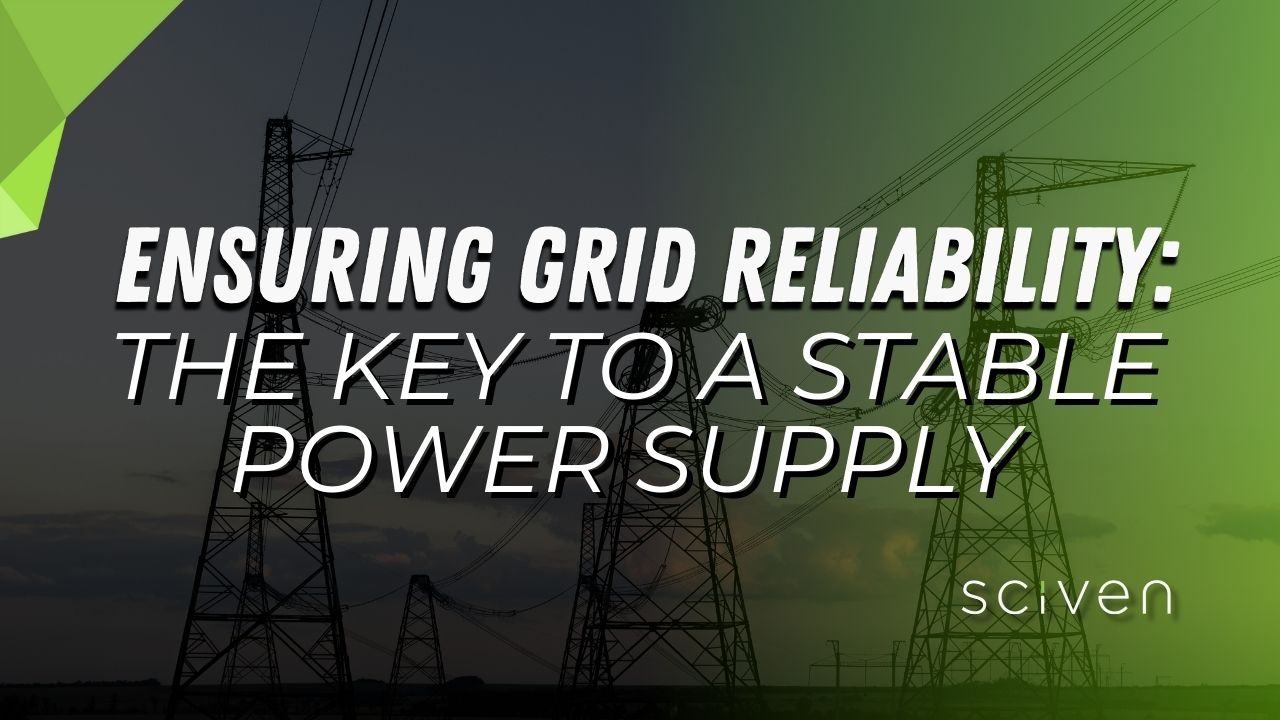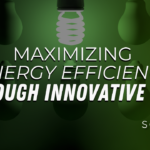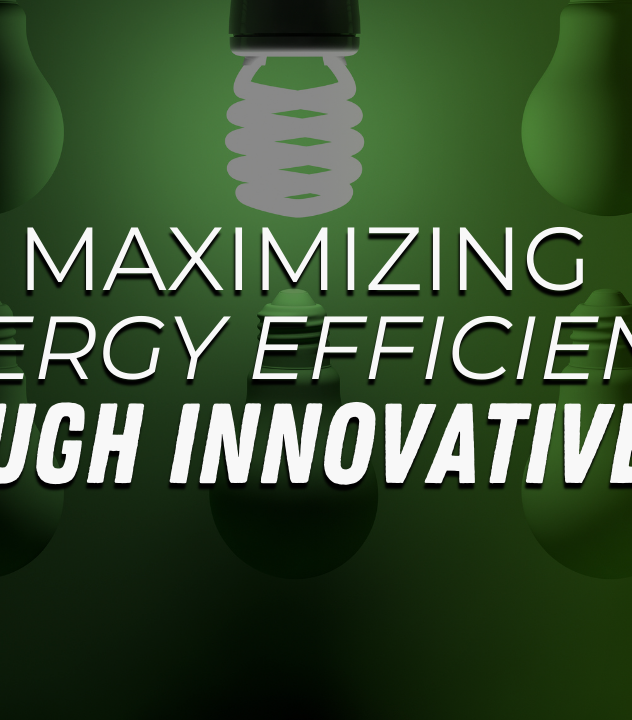
Ensuring Grid Reliability: The Key to a Stable Power Supply
In the modern world, a stable power supply is crucial for the seamless operation of various sectors, particularly those related to services that need to work 24/7 to ensure customer satisfaction and tight deadlines.
Disruptions in power can lead to significant inconveniences, negatively impacting the customer experience and operational efficiency. This article explores strategies to guarantee grid reliability, highlighting the importance of stable power supply for different industries.
Grid reliability refers to the ability of the power grid to consistently deliver electricity to consumers without interruptions. It encompasses various aspects, including power generation, transmission, and distribution. Ensuring grid reliability is essential for avoiding blackouts and maintaining a stable power supply.
A stable power supply is vital for several reasons:
Operational Efficiency: Businesses, particularly those in the service sector like hotels and SPAs, rely heavily on a consistent power supply to maintain operations and provide a satisfactory guest experience.
Customer Satisfaction: For service-oriented businesses, power outages can lead to significant customer dissatisfaction. In hotels and SPAs, guests expect uninterrupted services, and any disruption can harm the business’s reputation.
Economic Impact: Power outages can result in financial losses due to halted operations, equipment damage, and lost revenue. Ensuring a stable power supply helps avoid these economic setbacks.
Strategies to Guarantee Grid Reliability:
Demand Response Programs: Demand response (DR) programs play a crucial role in maintaining grid stability by adjusting the demand for power instead of the supply. By incentivizing consumers to reduce or shift their electricity usage during peak periods, DR helps balance supply and demand, preventing grid overloads. Demand response can significantly enhance grid reliability and reduce the need for additional power plants.
Smart Grid Technologies: Smart grids integrate advanced communication and control technologies to manage electricity flow efficiently. These systems can quickly detect and respond to changes in electricity demand and supply, enhancing grid reliability. Smart meters, sensors, and automated controls are integral components of smart grids.
Energy Storage Solutions: Energy storage systems, such as batteries, store excess electricity generated during low-demand periods and release it during high-demand periods. This capability helps stabilize the grid by providing a backup power source and smoothing out fluctuations in electricity supply.
Decentralized Energy Production: Distributed energy resources (DERs) like solar panels, wind turbines, and small-scale cogeneration units contribute to grid stability by generating power close to the point of consumption. This reduces transmission losses and mitigates the impact of centralized power plant failures.
According to the International Energy Agency (IEA), integrating smart grid technologies can improve grid efficiency by up to 30% and reduce operational costs by 10-20%. Additionally, the use of energy storage can increase grid reliability by 15-25%, ensuring a stable power supply even during peak demand periods.
At SCIVEN, we provide innovative solutions that ensure grid reliability and promote clean energy. By integrating our technologies, you can achieve operational efficiency, sustainability, and a reliable power supply.
Contact us today to learn how SCIVEN can help you enhance your energy management and ensure a stable power supply for your business.
Let’s keep envisioning today’s energy future together!






Leave a Reply